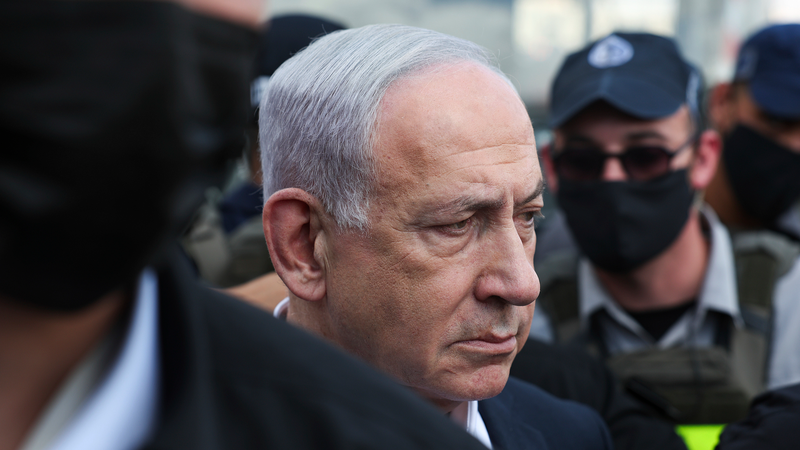In a rare escalation, Israeli Prime Minister Benjamin Netanyahu issued a stark warning to Qatar on Wednesday: expel Hamas officials or face Israeli action. This ultimatum follows an unprecedented Israeli strike within Qatari territory a day earlier, marking a dramatic shift in regional tensions.
"I say to Qatar and all nations who harbor terrorists: you either expel them or you bring them to justice—because if you don't, we will," Netanyahu declared, accusing Qatar of offering safe haven and financial support to Hamas.
Doha responded swiftly and forcefully. Qatar’s foreign ministry called the remarks "reckless," denouncing Netanyahu’s threats as violations of state sovereignty and stressing that the Qatar–based Hamas office operates under a US- and Israeli-backed mediation framework.
For months, Qatar and Egypt have served as key mediators in delicate peace negotiations between Hamas and Israel. Doha warned that the latest attack and accompanying threats could derail those efforts, potentially undermining years of diplomatic work.
"We will work with our partners to ensure Netanyahu is held accountable and that his reckless and irresponsible actions are brought to an end," the foreign ministry said, signaling a united front with international allies.
The fallout reached the UN Security Council, which postponed a planned meeting at Qatar's request to allow Prime Minister Sheikh Mohammed bin Abdulrahman al-Thani to attend. As the region watches closely, the standoff raises urgent questions about the future of mediation and the fragile path to peace.
As tensions rise, observers worldwide are asking: will diplomacy hold firm, or are we witnessing a new era of hardline posturing in the Middle East?
Reference(s):
cgtn.com



